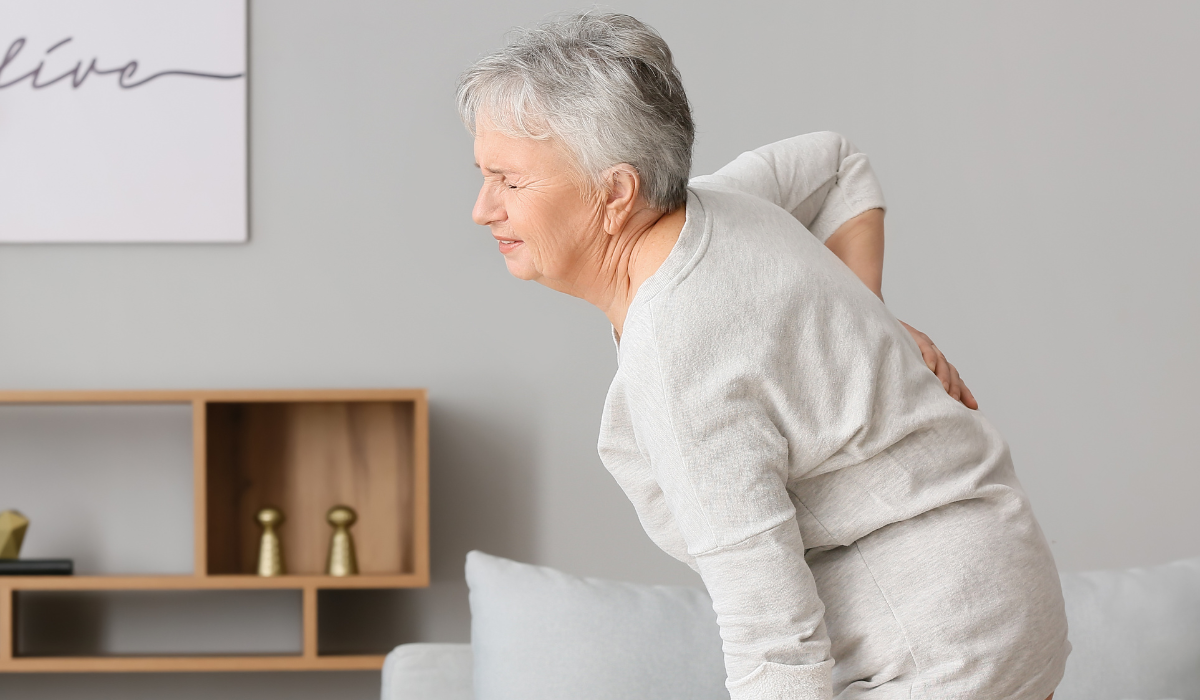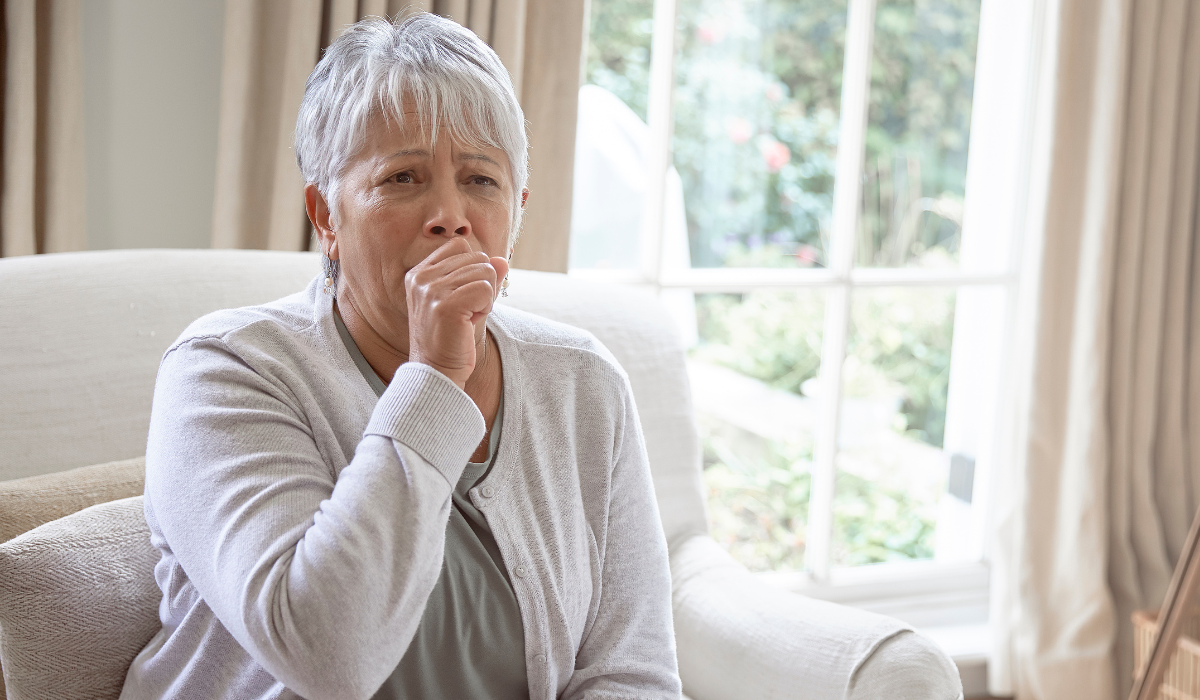Pneumonia is a respiratory infection that sometimes creates more symptoms than a simple cough and fever. Everyone asks the question, does pneumonia cause back pain? It is, yes, for some, but not for everyone. Read below to learn about pneumonia’s correlation to back pain, how to spot it, and when to seek help.
What is Pneumonia?
Pneumonia is a serious lung infection that causes the air sacs in one or both lungs to fill with fluid or pus. This results in breathing difficulties, coughs, fevers, chills, and, in some cases, severe complications.
It can infect individuals of all ages but is particularly dangerous for:
- Older adults (65+)
- Infants and young children
- Individuals with compromised immune systems (e.g., individuals with diabetes, HIV, or chemotherapy)
- Patients with chronic respiratory illnesses such as asthma or COPD
Pneumonia in Numbers
- Pneumonia is responsible for more than 2.5 million deaths globally annually.
- In the United States, over 1.5 million individuals go to the emergency room every year because of pneumonia.
- Approximately 50,000 people die annually in the U.S. due to complications of pneumonia.
Even with these frightening statistics, pneumonia can be prevented and cured if caught early.
Types of Pneumonia
Not all pneumonia is created equal. Here are the primary types:
1. Bacterial Pneumonia
It is caused by Streptococcus pneumoniae and is prevalent among the elderly and immunocompromised. The signs and symptoms are fever, chills, and pain in the chest. Without treatment, complications may arise.
2. Viral Pneumonia
Due to viruses such as influenza and COVID-19, it’s typically mild but can be dangerous. Antibiotics are ineffective, so treatment involves relieving symptoms.
3. Fungal Pneumonia
Affects individuals with compromised immunity, resulting from fungi present in soil and bird feces. Symptoms include cough, fever, and tiredness. Treated with antifungal drugs.
4. Aspiration Pneumonia
Happens when food, fluid, or vomit goes into the lungs. More common in individuals with swallowing disorders or neurological disorders. It can be deadly if left untreated.
Can Pneumonia Cause Back Pain?

Yes, pneumonia will cause back pain. This occurs for several reasons:
1. Lung Inflammation and Pressure on Nerves
When your lungs get inflamed, the ache radiates to neighboring areas as well, like your back. Referred pain, where one spot in your body hurts but feels like the other, occurs when this happens.
2. Severe Coughing Leading to Muscle Strain
Pneumonia creates excessive coughing, which stresses your back and chest muscles. This eventually leads to stiffness, soreness, and aching pain in the back.
3. Fluid Buildup in the Lungs
With the progression of pneumonia, fluid builds up in the lungs and makes breathing laborious. It may put pressure on the diaphragm and lead to upper or lower back pain.
4. Poor Oxygen Flow Leading to Muscle Weakness
Pneumonia may decrease body oxygen levels and cause tiredness and weakness of the muscles. This might complicate the discomfort of the back, particularly for individuals who have pre-existing spinal conditions.
Common Symptoms of Pneumonia
Other than back pain, pneumonia has other apparent symptoms. These depend on the cause and severity.
- Severe headache and fever
- Chills
- Dry cough or cough with mucus
- Chest pain during breathing or coughing
- Shortness of breath
- Fatigue and muscle pain
- Loss of appetite
- Vomiting or nausea
- Blue discoloration of lips or fingernails (an indication of low oxygen levels in the body)
In case you observe these symptoms coupled with back pain, see a physician immediately.
How to Tell if Back Pain is from Pneumonia or Another Condition?
Back pain may be caused by various health conditions. Here’s how to distinguish back pain caused by pneumonia from other causes:
| Condition | Back Pain Type | Other Symptoms |
| Pneumonia | Dull, aching pain | Cough, fever, breathing issues |
| Muscle Strain | Sharp pain with movement | No cough, no fever |
| Kidney Infection | Lower back pain | Painful urination, nausea, fever |
| Lung Conditions (e.g., Pleurisy) | Sharp pain when breathing deeply | Shortness of breath |
If your pain increases with breathing, coughing, or fever, pneumonia could be the reason.
When to See a Doctor
- Seek medical help if you have:
- Fever above 102°F that worsens
- Severe shortness of breath
- Pain in the chest or increasing pain in the back
- Confusion, dizziness, or blue-colored lips
- Long-term cough that is yellow, green, or bloody
Pneumonia can be avoided with early diagnosis and treatment.
How to Treat Pneumonia and Relieve Back Pain
Treatment of pneumonia is based on the severity and type of infection:
- Antibiotics (for bacterial pneumonia)
- Antiviral drugs (for some viral pneumonia conditions)
- Over-the-counter medications to alleviate back pain
- Oxygen therapy (in severe conditions with respiratory complications)
At-Home Remedies for Back Pain Relief:
- Apply a heating pad or warm compress to the back.
- Stay well-hydrated to thin out mucus and suppress coughing.
- Practice deep breathing to make your lungs strong.
- Sleep with your head slightly raised to lower lung pressure.
Preventing Pneumonia and Back Pain
- Vaccinate against pneumonia and flu (particularly for those at high risk).
- Wash hands often to avoid infections.
- Don’t smoke—it compromises lung strength.
- Consume a balanced diet to enhance immunity.
- Exercise regularly to maintain healthy lungs.
Conclusion
So, is pneumonia responsible for back pain? Yes, back pain can result from pneumonia owing to inflammation, cough-induced strain on muscles, and pressure within the lungs. If you’re suffering from fever, cough, or difficulty breathing along with back pain, see a physician. Early medical intervention can keep complications at bay and hasten recovery. Remain proactive with shots, cleanliness, and a well-balanced way of life in order to also lower the chance of pneumonia along with its unpleasant symptoms.
FAQ’s
How long does pneumonia-related back pain last?
Mild ones heal in one to two weeks, while the serious ones take a month or more to recover.
Can pneumonia cause only back pain without other symptoms?
Doubtful. Pneumonia typically accompanies cough, fever, and shortness of breath. If you only have back pain, something else may be the culprit.
Does pneumonia-related back pain feel like muscle pain?
Yes, it may be a sharp pain or soreness, but it typically gets worse with deep breathing or coughing.
Can I prevent pneumonia-related back pain?
Yes! Immunization, cleanliness, and proper treatment can keep pneumonia and its symptoms, including back pain, at bay.






